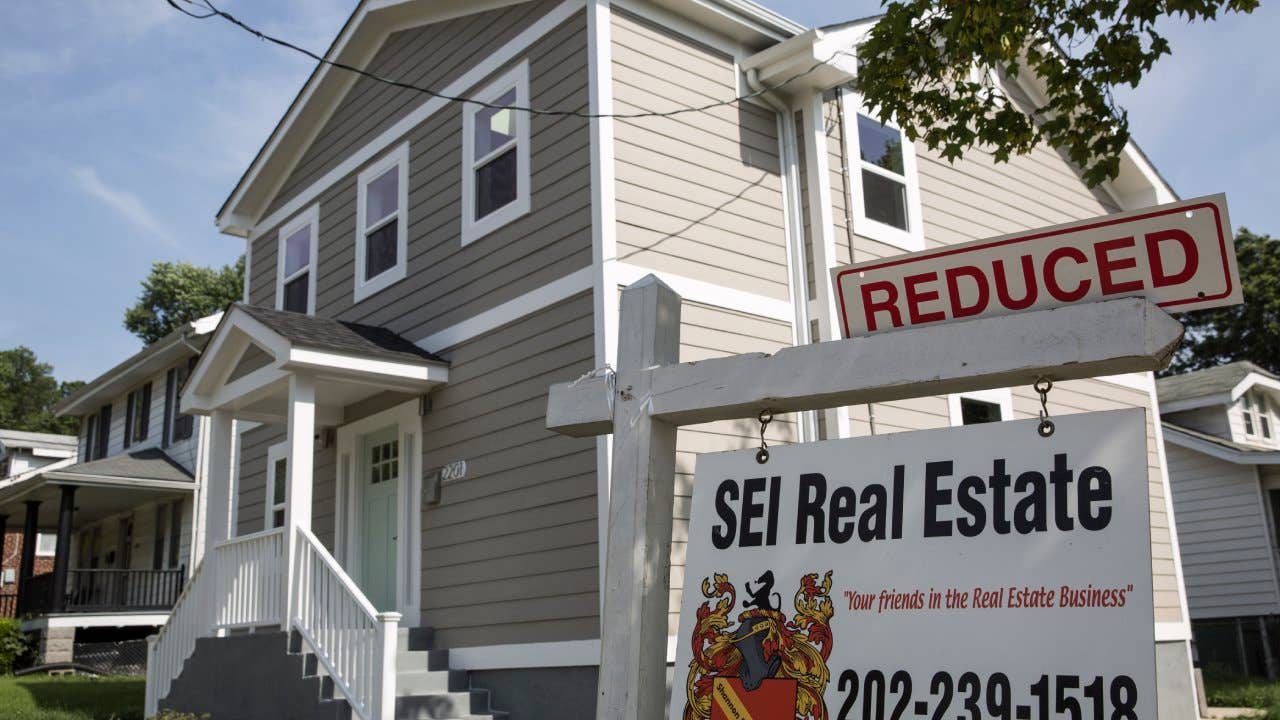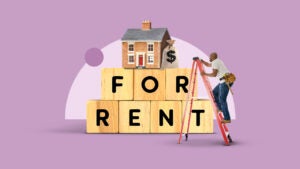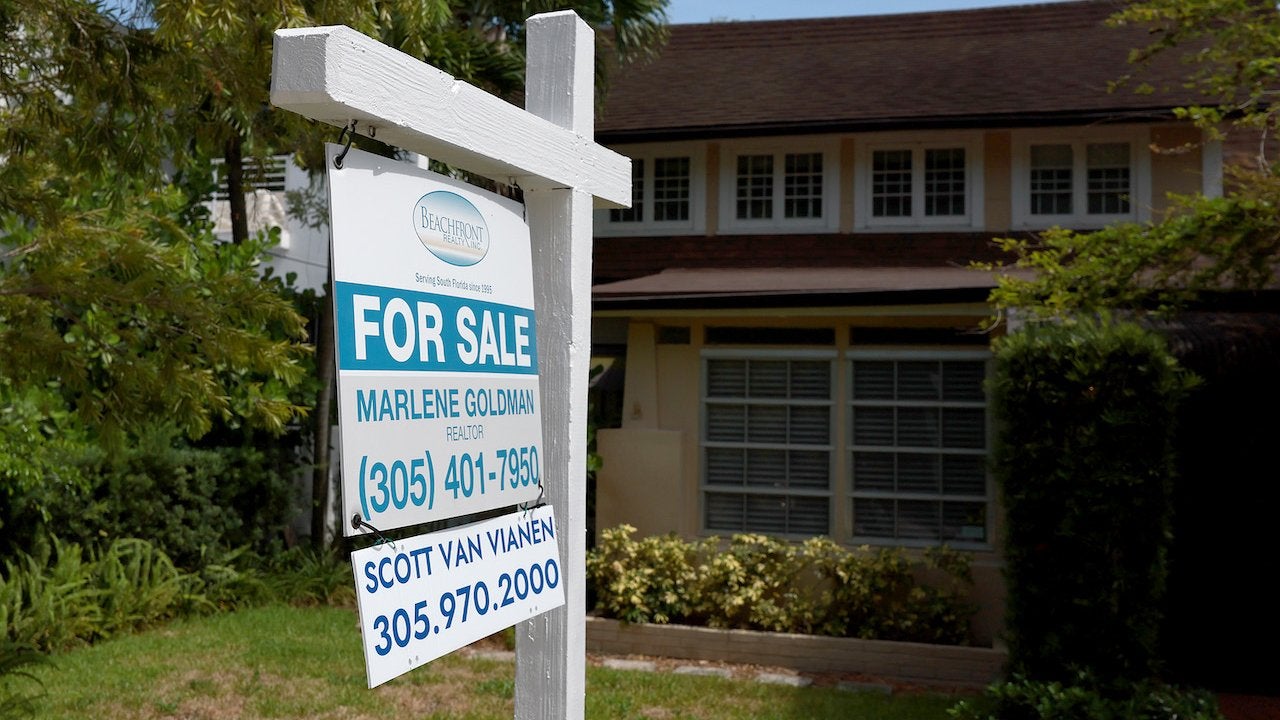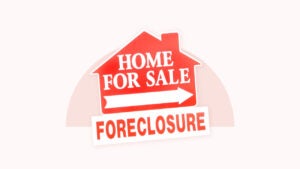Selling a house in a recession: What you need to know

Will there be a recession soon? According to an April 2023 Bankrate poll, experts predict a 64 percent chance that the financial system will contract by year’s end. So the answer is… maybe.
If you’re selling your home amid all this uncertainty, what factors do you need to consider? Here’s everything you need to know about selling a house in a recession — and before one.
Recessions and housing
While the current housing market is cooling off and prices are slowly coming down, today’s economic circumstances differ from the Great Recession. The crash of 2007–2008 was fueled by a housing bubble and lax lending requirements, causing the market to be flooded with a wave of foreclosures. But this time around, the cooling housing market is a symptom, not a cause, of the economic downturn.
The Federal Reserve has raised interest rates several times this year to combat wild inflation, which has left homebuyers with pricier mortgage payments and less purchasing power. According to the National Association of Realtors, while housing inventory has increased 15.3 percent since February 2022, supply is still perilously low. And foreclosure rates are lower than they were before the start of the pandemic.
What all this means for sellers is that a flood of cheap homes hitting the market and dramatically driving down prices is unlikely. Buyers in a recession may struggle to purchase your home if mortgage rates remain high, and your home may not sell for as much as it could have gotten during the height of the seller’s market. But the shortage of available homes for sale means that your home is unlikely to sit on the market for the extended lengths of time some sellers experienced during the Great Recession.
Are we in a recession right now?
It may feel like we’re already in a recession to the many Americans struggling to keep up with inflation. But officially, we aren’t. The nation isn’t officially in a recession until the National Bureau of Economic Research declares one, and that has not happened — at least, not yet.
Recessions are not fun, but they are a normal part of the economic cycle.— Greg McBride, Bankrate Chief Financial Analyst
If we do have a recession, It’s “too early to say with any confidence exactly when it will begin and end,” says Greg McBride, CFA, Bankrate’s chief financial analyst. “It is likely to be comparatively mild when sized up to the great financial crisis of 2008, or even the short but very deep recession brought on by the pandemic in 2020.”
And if you’re putting your home-selling plans on the back burner to wait out the economic uncertainty, rest assured you won’t have to wait forever. “Just as winter ends and spring begins, recessions end and recovery begins,” says McBride.
Should you sell your home before a recession?
That depends on whether you really have to. “Unless you have a surplus of homes, selling means moving to or buying another home,” says McBride. “Selling a home incurs tens of thousands of dollars in commissions and closing costs, and buying another home also involves thousands of dollars in closing costs. Why incur those costs and put yourself through it unless your lifestyle truly requires it?”
If you must sell your home, selling it before a recession hits and the scale tips in favor of buyers is smart. This will likely net you a faster sale, at a higher price and with fewer concessions. It’s true that mortgage rates are high right now, but more buyers will be able to qualify for a mortgage now that they would in a recession, which typically comes with job losses and serious belt tightening.
Should you sell your home during a recession?
On the other hand, the throes of a recession might be the worst time to sell a home. During a recession, potential buyers may experience a sharp decline in income, affecting their ability to be approved for a mortgage.
If your local economy depends on a few large industries or companies and those companies go under or lay off a portion of their workforce, it will certainly affect your ability to sell your home. But even if your local economy is relatively untouched, your home’s sale could still be affected by a national recession. Lending requirements typically become stricter during recessionary periods, meaning buyers who would otherwise qualify may have difficulty securing a mortgage.
And when there are more homes for sale than there are people qualified to purchase them, that’s a buyer’s market — which means sellers can expect their home to take longer to sell, at a lower price and with less favorable terms.
An alternative to selling
Your life circumstances — a new job, marriage or divorce, for example — could make it necessary to sell your home even during a recession. But if you can afford to wait it out, you may be able to rent the home for more than the cost of your mortgage payments.
Rental prices are high throughout the country, with an average national rent of about $1,975 per month as of February 2023, according to Zillow’s Observed Rent Index. Speak to a property manager in your area to get an idea of how much you could expect to net after expenses if you opt to become a landlord rather than sell. It may be financially smarter to rent out your home until the recession eases and you can sell it for more, especially if you have relatively low monthly payments.
Bottom line
With 64 percent of experts predicting a recession this year, it’s a tricky time to try to sell a house. If you can afford to wait it out, that may be the best option — but if you can’t, or you need to move ASAP for other reasons, selling is not impossible. Work closely with an experienced local real estate agent who understands your specific market well to make sure you price the home right and pull in the best possible price.
Why we ask for feedback Your feedback helps us improve our content and services. It takes less than a minute to complete.
Your responses are anonymous and will only be used for improving our website.






